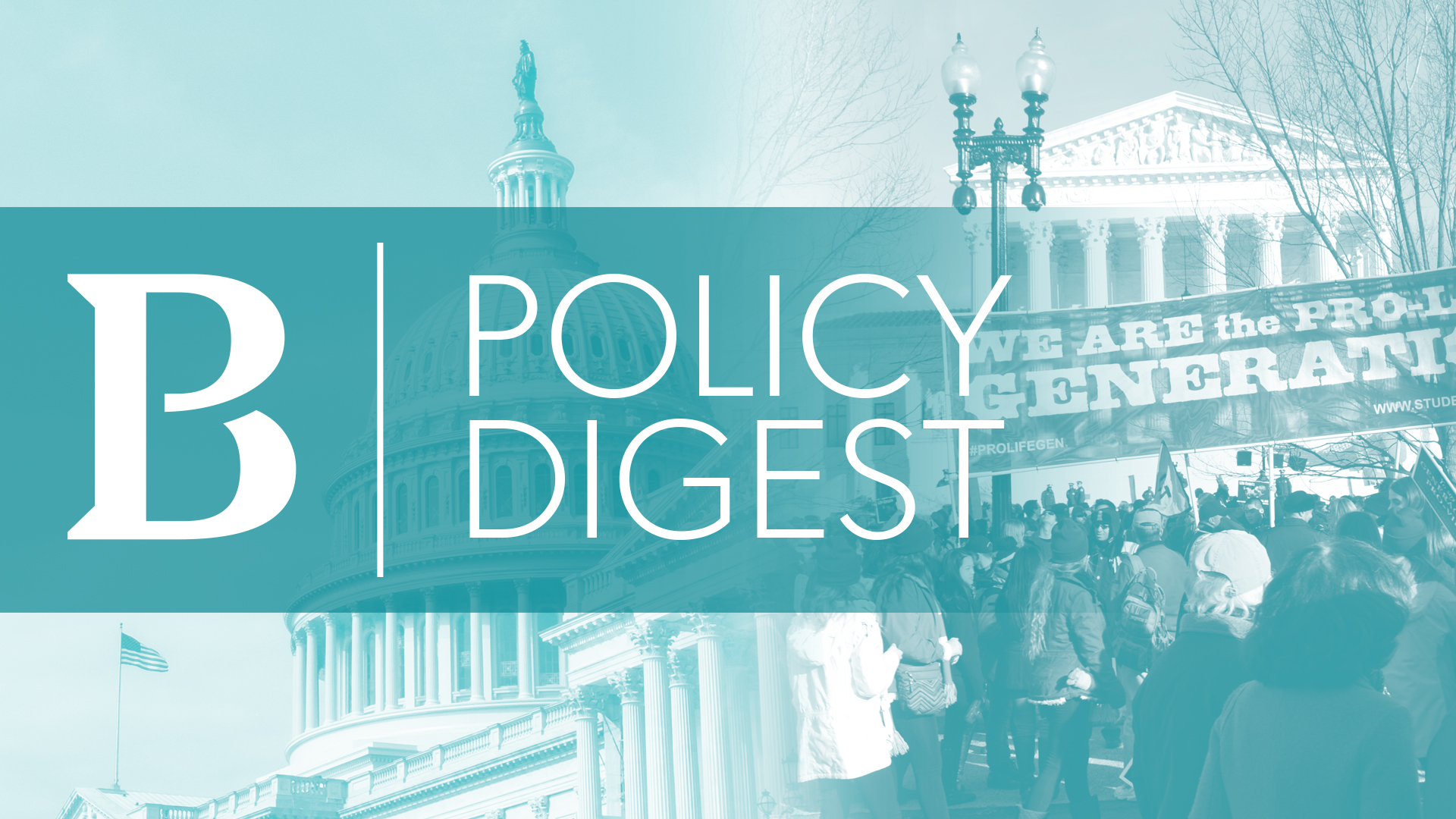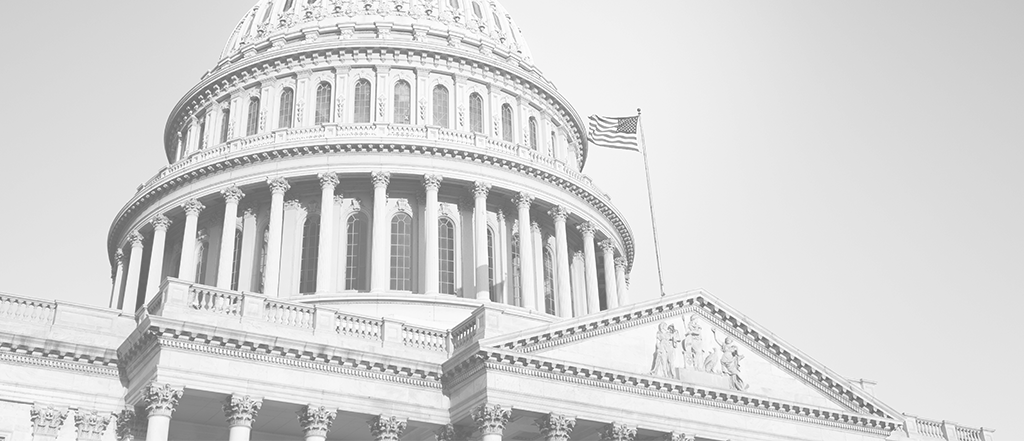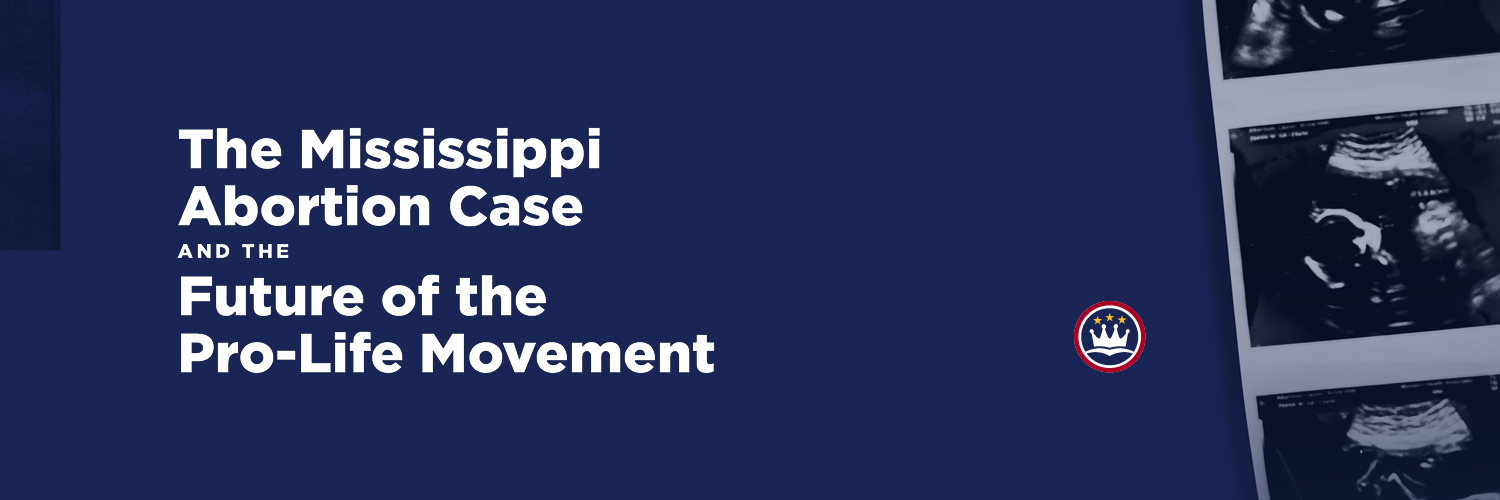WASHINGTON, D.C., Jan. 16, 2019—The Ethics & Religious Liberty Commission of the Southern Baptist Convention has announced its 2019 Legislative Agenda, highlighting various legislative and policy initiatives the organization plans to engage this year as well as highlighting bipartisan victories in 2018.
In 2019, the ERLC plans to lead out on issues surrounding the areas of sanctity of human life, religious liberty, family and marriage, justice and international engagement.
“Each year, our mission and goal is for our legislative priorities to reflect the priorities of consciences transformed by the gospel of Jesus Christ and informed by the Word of our God,” said ERLC President, Russell Moore. “Whether it’s dealing with issues surrounding religious freedom, human dignity, justice or international engagement, the ERLC exists to serve churches and to stand for the common good for people around the world. As always, our goal is to remain faithful in our witness and be tireless in our advocacy. I am excited to see how our team will engage in advocating for these legislative achievements this year.”
The ERLC saw a number of bipartisan victories in 2018, including substantial reforms to the federal criminal justice system and efforts to combat sex trafficking online. In the midst of this environment, Moore and the ERLC staff will continue to look for ways to advance the ERLC agenda through bipartisan cooperation.
Key priorities Moore and ERLC staff plan to address in 2019 include:
- No Taxpayer Funding for Abortion Act: In the aftermath of Roe v. Wade, the Hyde Amendment was introduced to prevent taxpayer dollars from being allocated for abortion. Americans are divided over the issue of abortion, and many Americans strongly object to their tax dollars being used for what they believe to be a great moral wrong. The No Taxpayer Funding for Abortion Act would codify the Hyde Amendment into law, by prohibiting federal funds from being expended for abortion or health coverage that includes coverage for elective abortion.
- Physician-assisted Suicide: Physician-assisted suicide is currently legal in six states, and the District of Columbia, as well as Montana by court decision. This is a practice in clear conflict with ethical principles from both the Hippocratic tradition and a Biblical worldview. Physician-assisted suicide is not healthcare. Treatable pain and care ought not be cause for death. Hospice and palliative care options provide compassionate and ethical treatment that recognize human dignity. The effort now on Capitol Hill for the ERLC is largely one of education, even among members and staff who we otherwise would expect to already share our convictions about assisted suicide.
- Child Welfare Provider Inclusion Act: Across the country, child welfare and child protection systems are overcrowded and under significant strain. The opioid crisis has placed new pressure on this system. The Inclusion Act would protect children in the foster system and children waiting for adoption by ensuring that a wide range of child welfare providers are available to serve them and by prohibiting government discrimination against child welfare agencies on the basis of their beliefs. In 2018, the Inclusion Act was added to the Labor, Health and Human Services, Education, and Related Agencies spending bill passed by the House Committee on Appropriations. Although the Inclusion Act did not ultimately become law, this was a significant development and the ERLC will work to build on this success to build support for the bill.
- Responding to the opioid crisis: According to estimates by the Department of Health and Human Services, over 130 people died every day of 2016 and 2017 from opioid-related drug overdoses. The drivers for the crisis are complex but the effects are simply tragic. Thankfully, the United States government took action last year. The 115th Congress passed the largest bill in American history to address a single drug epidemic – The SUPPORT for Patients and Community Act. The ERLC will continue to engage with Congressional and HHS leadership on implementation of the act and a range of efforts including poverty and welfare programs and training for the faith community.
- Adoption and Foster Care-related policies: Children’s issues are woven into a wide variety of policies, from religious liberty concerns involved in adoption to the effect the opioid crisis has on foster care as parents struggle with addiction. In addition to the Child Welfare Provider Inclusion Act discussed above, we are exploring several policies aimed at promoting and supporting adoption and foster care in the United States.
- Solution for Dreamers: In September 2017, the Trump administration announced that it would be rescinding the DACA program. Enacted in 2012 by President Obama, DACA sought to protect undocumented immigrants who entered the U.S. as minors—known as Dreamers—from deportation. Notwithstanding debate over the constitutionality of the DACA program, the ERLC believes Dreamers who came forward in good faith should not be punished with deportation for an act that was no fault of their own. We will continue to work closely with Congress and the White House to deliver a permanent legislative solution for Dreamers.
- Aid for Victims of Genocide: In 2018, the ERLC was deeply involved in the passage of H.R. 390, the Iraq and Syria Genocide Emergency Relief and Accountability Act. This is an important step forward in protecting victims of genocide—Christians, Yezidis, Shia Muslims, and other religious minorities—in Iraq and Syria by Islamic State. This important piece of legislation supports efforts to bring those who perpetrated genocide to justice and provide aid to genocide survivors and their families. Building off of the passage of this bill, ERLC continues to work in 2019 to ensure that aid is delivered to victims of genocide.
The entire 2019 ERLC Legislative Agenda can be accessed here.










